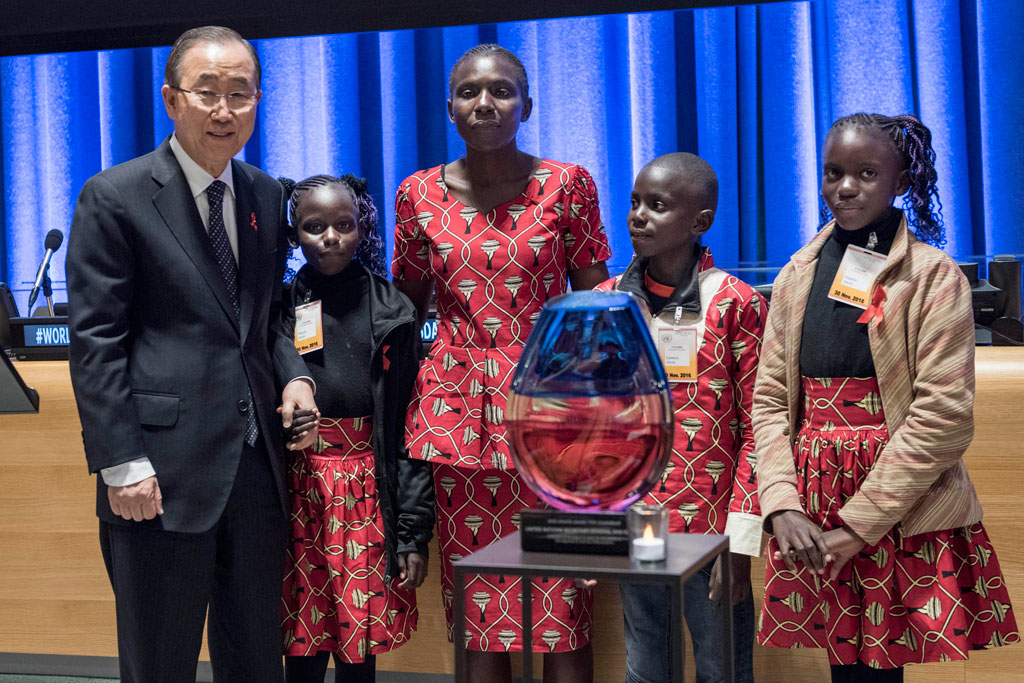
Underscoring the importance of environmental protection and management in the work of peacekeeping missions, the United Nations Department of Field Support (DFS) today launched a new strategy to maximize its peace operations’ efficiency in the use of natural resources, and to minimize their risk to people, societies and ecosystems.
“Environmental performance is crucial to ensure that we do no harm to the people we are mandated to protect,” said UN Under-Secretary-General and the head of DFS Atul Khare in New York at the launch of the strategy at Columbia University.
“We need to change our systems and we need to change our mind set,” he added.
DFS is the key service provider to international peacekeeping operations, supporting both UN and non-UN peace missions, with nearly 168,000 authorized personnel, in over 30 countries.
The six-year strategy, which is in line with the UN Sustainable Development Goals (SDGs), identifies challenges and objectives based on five pillars: energy; water and wastewater; solid waste; wider impact; and environmental management systems. It also includes key performance indicators for these areas.
In its first phase – through July 2020 – the strategy will focus on improving environmental analytics to effectively monitor progress. The five pillars will then be reviewed and specific targets set for the second phase of strategy implementation to conclude in June 2023.
On one of the areas covered – energy – an indispensable aspect for a mission but one that also has an environmental impact, Mr. Khare said the strategy’s objective is to reduce overall demand through increased efficiency, increase the proportion of energy from renewable sources such as solar arrays and reduce the level of pollution.
In another area – water – he highlighted the objective is to conserve water and reduce the level of risk to personnel, local communities and ecosystems from wastewater management practices.
He also emphasized the importance of proper treatment of wastewater, as well as of frequent monitoring of disposal practices.
Noting that the strategy is a “living document,” Mr. Khare said that it will continue to be refined and improved in light of new information and achievements.
In his presentation, he also discussed relevant initiatives already under way to decrease peace operations’ environmental impact.












